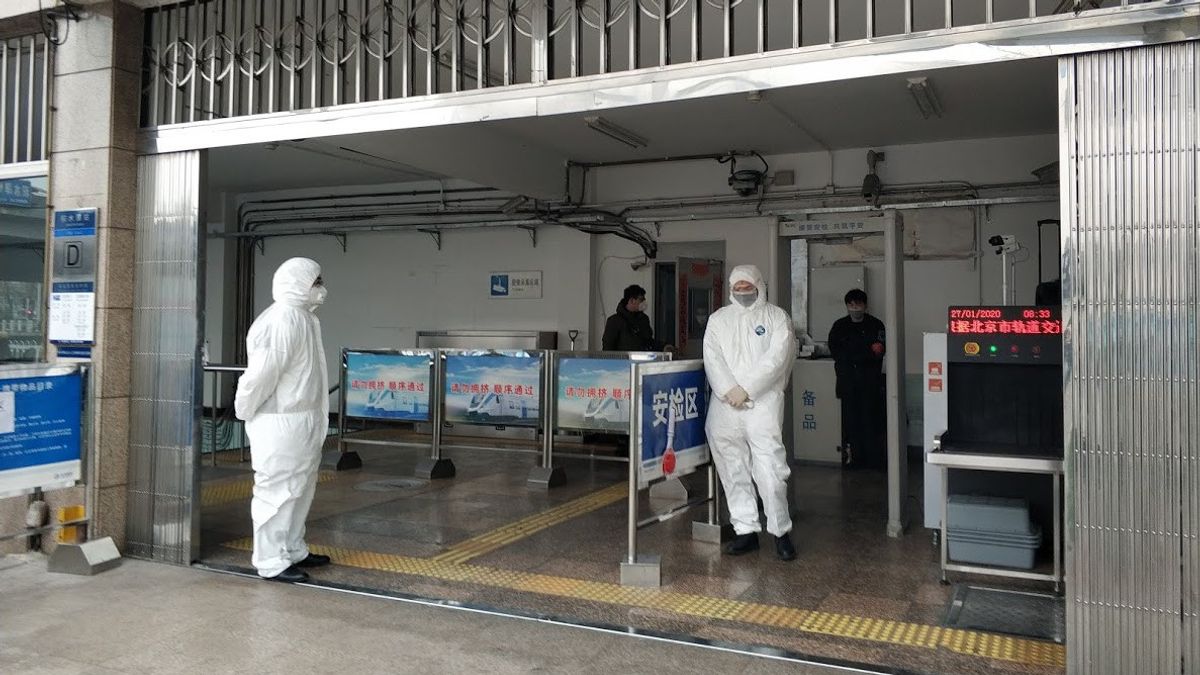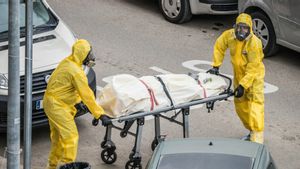JAKARTA - Cities across China rushed to install hospital beds and build a fever-examination clinic on Tuesday, as authorities reported five more deaths and international concerns grew about Beijing's surprising decision to let the virus free.
China this month began unlocking strict lockdowns and strict zero-COVID testing, following protests against restrictions that have held the virus for three years, but at large costs to the world's second-largest society and economy.
Now, as the virus hit a country of 1.4 billion people who have not had natural immunity that has been protected for so long, there are concerns about possible deaths, viral mutations and their impact on the economy and trade.
"Every new wave of epidemics in other countries carries the risk of a new variant, and this risk is getting higher and the outbreak is getting bigger, and the current wave in China will be big," said Alex Cook, deputy dean for research at the Saw Swee Hock School of Public Health, Singapore's National University. December 20.
"However, China inevitably has to go through a large wave of COVID-19 if it wants to achieve an endemic state in the future, without lockdown, economic and political damage it causes," he said.
Meanwhile Xu Wenbo, an official at China's Centers for Disease Control and Prevention, told reporters the new mutation would occur but dismissed concerns.
"The ability to get out of the new strain immunity has become stronger, more contagious," Xu said.
"But, the chances of them becoming more deadly are low. It is likely that the strains are more contagious and more pathogenic and even lower," he continued.
Beijing reported five COVID-related deaths on Tuesday, following two deaths on Monday, which was the first reported death in weeks.
In total, China has reported 5,242 deaths from COVID since the pandemic emerged in Wuhan City in late 2019, a figure that is low according to global standards.
Some health experts estimate that 60 percent of people in China, equivalent to 10 percent of the world's population, could be infected in the coming months, with more than 2 million people dying.
Speaking at the same press conference as Xu, head of the infectious disease department of Peaking University First Hospital Wang Guiqiang said only pneumonia-induced and respiratory failure deaths after contracting COVID would be classified as deaths from COVID.
Heart attacks or cardiovascular disease that cause the death of an infected person will not get the classification.
The current condition has made Chinese cities step up efforts to expand intensive care units, build fever clinics, facilities designed to prevent the spread of more widespread infectious diseases in hospitals.
In the past week, major cities including Beijing, Shanghai, Chengdu and Wenzhou announced they had added hundreds of fever clinics, some of which were in sports facilities that were changed.
The English, Chinese, Japanese, Arabic, and French versions are automatically generated by the AI. So there may still be inaccuracies in translating, please always see Indonesian as our main language. (system supported by DigitalSiber.id)













